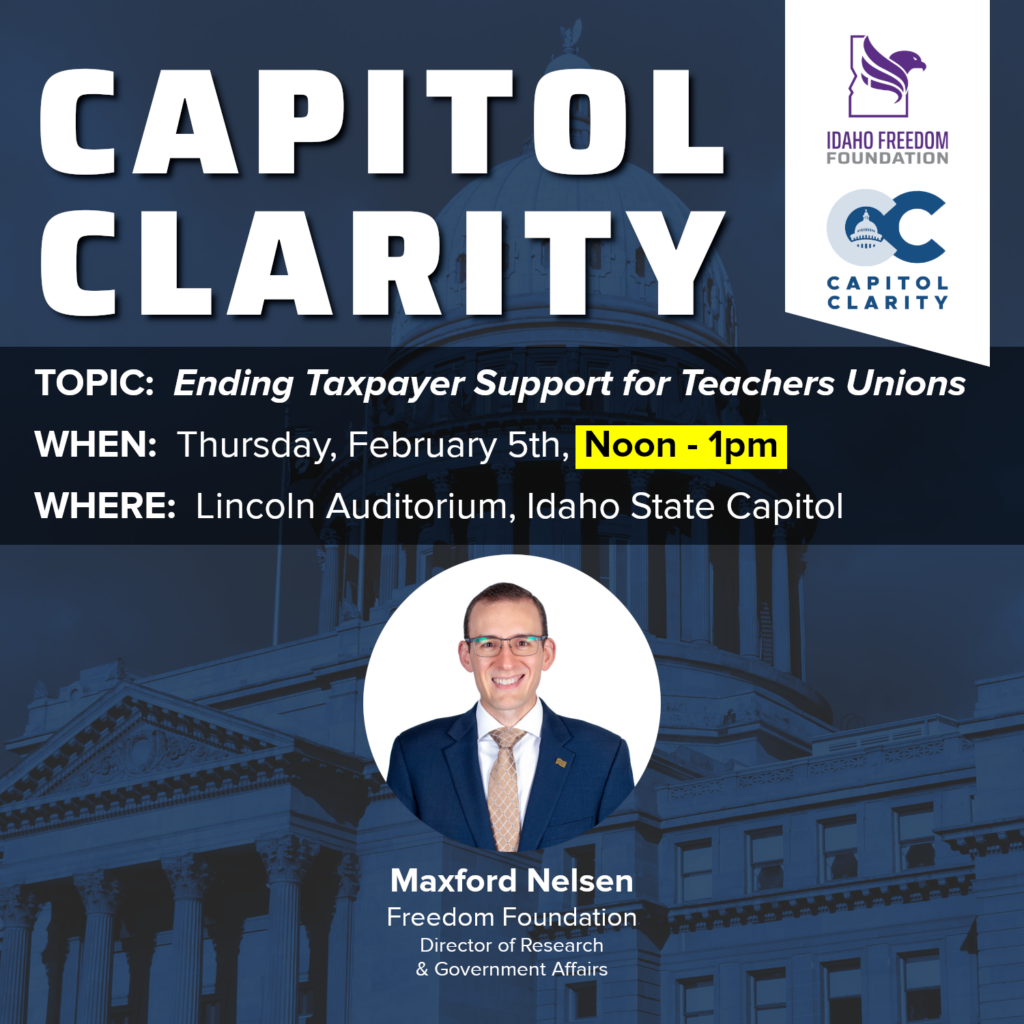


When state lawmakers decided a few years ago that they’d (finally) revise the public school funding formula, they promised a proposal in which money would follow the student via a plan that was more transparent and accountable. With the proposal presently in front of the Legislature, lawmakers have failed on both counts.
Though the funding proposal focuses more on student enrollment than before, it quickly deviates from there. The proposed plan assigns extra dollars to schools based on myriad factors, which includes district wealth and ruralness, in an obvious attempt to buy support from school districts that benefit from the status quo. The proposal also promises a steady flow of increased funding over the short term to prevent any school from losing long-term financial support due to funding formula changes.
The plan includes no accountability for schools or districts that fail to educate students, nor does it reward high-performing schools. It does nothing to promote the safeguarding of taxpayer money. If anything, it does quite the opposite. Additionally, the funding proposal gives lip service to the existence of technology and to the fact that the state commits billions of dollars to provide the same information that students are accessing on their smartphones for free.
The fact is, the Legislature has yet to see a funding plan that puts the needs and preferences of students ahead of all other considerations. Moreover, the funding formula continues to dispense money in a way that is oblivious to the many ways the world has changed since, oh, I don’t know, 1890. Instead, we get an attempt to protect and appease the forces of Public Education, Inc., a cadre of special interest fellow travelers that includes labor unions, the school boards association, administrators, bussing companies, and textbook and software suppliers.
You can take my observations with some grains of salt. I don’t think government should be in the education business. It is the most virulent form of socialism (and indoctrination thereto) in America today. The predictable result has been higher costs, lower performance, and a system that twists itself in knots to prove it’s educating kids when really it’s not.
That’s not the fault of Idaho’s professional educators, the best of whom don’t receive near the recognition nor financial rewards they deserve. They, as much as students, are victims of the 19th century constitutional mandate that Idaho have an education system that is “general, uniform, and thorough.” There’s nothing in the constitution requiring students receive an education that is “competitive” or “accountable” or “excellent.” And that’s too bad.
To the degree that we’re stuck with it, the Legislature should pass a school funding formula that empowers students to pursue the best education for themselves. That means a voucher or education scholarship program. That program should allow money to really and fully follow students, directly and clearly offering an opportunity for them to be educated in the way that best suits their needs, be it a different traditional public school, a charter school, or a private school, or to take the money and enroll in online education or hire private tutors. What’s more, the new formula must hold individual schools accountable, in such a way that rewards the best and shuts down (yes, you read that correctly, shut down) the ones that fail.
I don’t want to be overly dismissive of the funding formula rewrite. I’ve begged legislators to take up this issue for a decade. The current mechanism for funding Idaho schools predates the modern internet, and comes from a time when a 14.4k modem was fast and Coursera, Khan Academy, YouTube and EdX didn’t exist.
Good on legislators who have taken on this otherwise thankless job. But, given that it has taken this long to redo the funding formula, whatever lawmakers pass must be built to last. That is why lawmakers need to try again.



